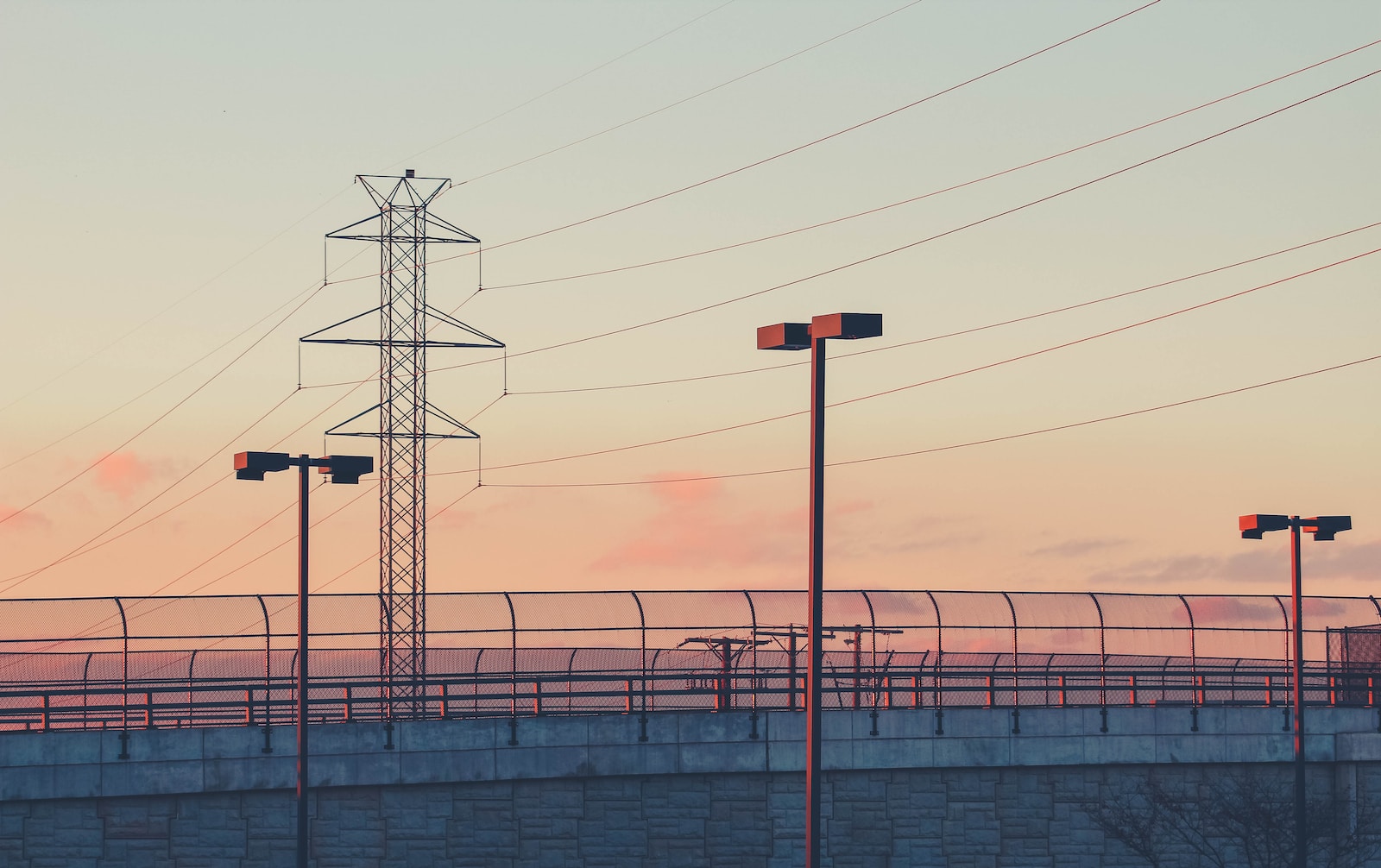Self-certification of electrical installations-CEA (Measures relating to Safety and Electric Supply) Regulations, 2023

Recently, the Central Electricity Authority (CEA) notified the CEA (Measures relating to Safety and Electric Supply) Regulations, 2023. [1] These rules state the requirements of general safety with respect to construction, installation, protection, operation and maintenance of electric supply lines, and apparatus. These rules and regulations elaborate the conditions related to the use of electricity and its supply. It defines the provisions of safety for electrical installations and voltage apparatus which is used above and below 650 V, for overhead lines and underground cables, for electric vehicle charging station, renewable generating stations, for high voltage direct current and others.
Table of Contents
Recent updates[2]
- These rules and regulations will apply to the electrical installation which includes the electrical plant and electric line, and the person who is engaged in the generation or transmission or supply or use of electricity.
- It also states that the supplier, consumer, of the electrical installation, owner or manager of a mine, agent of any company which operates in an oil field, owner of a drilled well in an oil field, or a contractor who entered a contract with a supplier or consumer, should follow all the duties incidental to the generation, transformation, conversion, distribution, or use of electricity.
- It states that the supplier, consumer, owner or agent shall maintain a record, paper or electronic form, wherein the names of the designated person and the purpose for which they are designated, shall be entered.
- It also explains that all suppliers of electricity that include the generating companies, transmission companies, and distribution companies should designate an Electrical Safety Officer for making sure observation of safety measures which is specified under the regulations in their organization for the construction, operation, and maintenance of an electrical system of all the generating stations, transmission lines, substation distribution systems, and supply lines.
- It states that whenever a license is granted by the appropriate Commission, two sets of maps that specify the particular for which the license is granted shall be signed. It corresponds to the notification date of the license by an officer designated by the appropriate Commission.
- The provision also mandates that individuals who have been issued a license must possess physical or digital copies of the license and accompanying maps depicting the supply area within thirty days of receiving the license. They are required to make this information available for public access at their main office, local branches, and all relevant local authority offices within the designated supply area, allowing for reasonable access and inspection.
- The stipulation clarifies that any electrical work involving installation, modification, repair, or fine-tuning of current setups, apart from the substitution of items such as lamps, fans, fuses, and switches – as well as household appliances with a voltage not surpassing 250V and without any alterations to their capacity or appearance – cannot be conducted on the premises. This applies to consumers, suppliers, and owners, with the exception being authorized electrical contractors acting on behalf of the State Government and operating under the close supervision of an individual possessing a certificate of competency. Moreover, individuals holding a permit sanctioned by the State must also adhere to this requirement.
Conclusion
In conclusion, the introduction of the CEA (Measures Relating to Safety and Electric Supply) Regulations, 2023 by the Central Electricity Authority marks a significant stride in ensuring the safe and reliable operation of electrical systems. These regulations comprehensively address the various aspects of safety in electric supply lines and apparatus, spanning from construction to maintenance. By defining stringent requirements for electrical installations and voltage apparatus, whether operating above or below 650V, for a range of contexts including renewable generating stations, electric vehicle charging stations, and high voltage direct current systems, the regulations ensure a comprehensive safety framework for the entire spectrum of electrical activities.
FAQs
What do the CEA (Measures relating to Safety and Electric Supply) Regulations, 2023 specify regarding the overall safety prerequisites concerning the installation, construction, and maintenance of electric supply lines and apparatus?
As outlined in the CEA (Measures relating to Safety and Electric Supply) Regulations, 2023, all electric supply lines and apparatus must possess adequate ratings for power, insulation, and anticipated fault current. Additionally, they should possess mechanical robustness appropriate for their operational demands under the specific environmental conditions of installation. These components must be safeguarded to effectively ensure the well-being of individuals and the protection of property.
What measures are in place to prevent leakage before establishing a connection?
It has been specified that a supplier must refrain from connecting their equipment to an applicant’s premises seeking supply unless they are confident that such a connection will not result in any leakage from the designated installation. This assurance is contingent upon the proper structural integrity of the installation, verified through insulation measurements of the equipment carried out according to relevant methods. In situations where the supplier deems it inappropriate to establish the connection in accordance with the provided guidelines, the supplier is obligated to communicate the refusal to the applicant in writing, along with the detailed reasons for the decline.
What is the voltage of supply which is allowed to vehicle?
It is notified that no person should supply electricity to any trolley wire or other conductor at voltage exceeding 650V used in direct electrical and mechanical connection with any vehicle, except with the written approval of the Central Government or the State Government subject to conditions.
[1] https://cea.nic.in/wp-content/uploads/notification/2023/06/pdf_100_183_English.pdf
[2] https://cea.nic.in/wp-content/uploads/notification/2023/06/pdf_100_183_English.pdf
King Stubb & Kasiva,
Advocates & Attorneys
New Delhi | Mumbai | Bangalore | Chennai | Hyderabad | Mangalore | Pune | Kochi
Tel: +91 11 41032969 | Email: info@ksandk.com
By entering the email address you agree to our Privacy Policy.